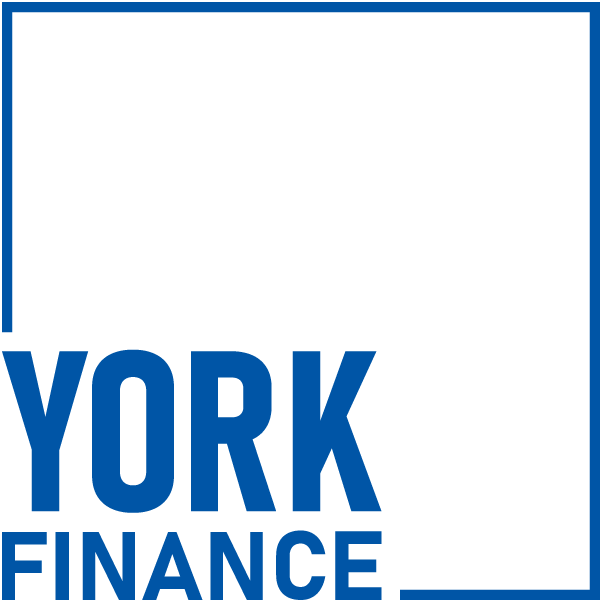If you review each of the following points you will be able to reduce your expenditure, save extra money, and understand your financial position better.
Transaction Account:
- Understand your Fees & Charges – look for Product Disclosure Statements (PDS)
- Use online services to stay organised & remind you of bill due dates
- Low Cost Basic bank accounts – Affordable Banking Website
Credit Card:
- Understand your Fees & Rates Vs. Card Benefits (rewards, insurance, & travel)
- Importance of paying your card on time – How to Choose a Credit Card
- Use comparison websites – such as Money Magazine and Rate City
Debt:
- Do you have any? How much? When is it due? (including student debt)
- Would Debt Consolidation or Balance Transfer be beneficial?
Credit Report:
- View your Credit Report for free – Accessing your Credit Report
- Understand – What information is included in your Credit Report
- Has an overdue debt been lodged against you?
- You do not have to pay for Credit Repair
Leaky Bucket:
- What unnecessary costs do you have? Where can extra savings be found…
- Memberships, phone/internet & electricity bills, entertainment, health insurance benefits
Superannuation:
- Do you have more than one fund – Consolidate your Super Funds for free
- Use comparison websites to Compare Super Funds
Tax:
- Are you up to date? Do you Lodge for Free or use an accountant?
- Money Smart Tax tips and ATO Tax Tips
Savings Goals:
- MoneySmart.gov.au – provides lots of information & tools including a Budget Planner
- Paying with card provides a transaction trail to help track your expenditure
- Set achievable savings goals that allow some money for fun!
Automate Your Savings:
- Set up automatic transfers from your transaction account into High Interest Savings accounts
- Most employers will support split payments – one to your transaction account, the other to your saving account
- Automated Savings or Investments help you save by rounding up purchases and saving a little each time you buy something – for example, try the Acorns App


